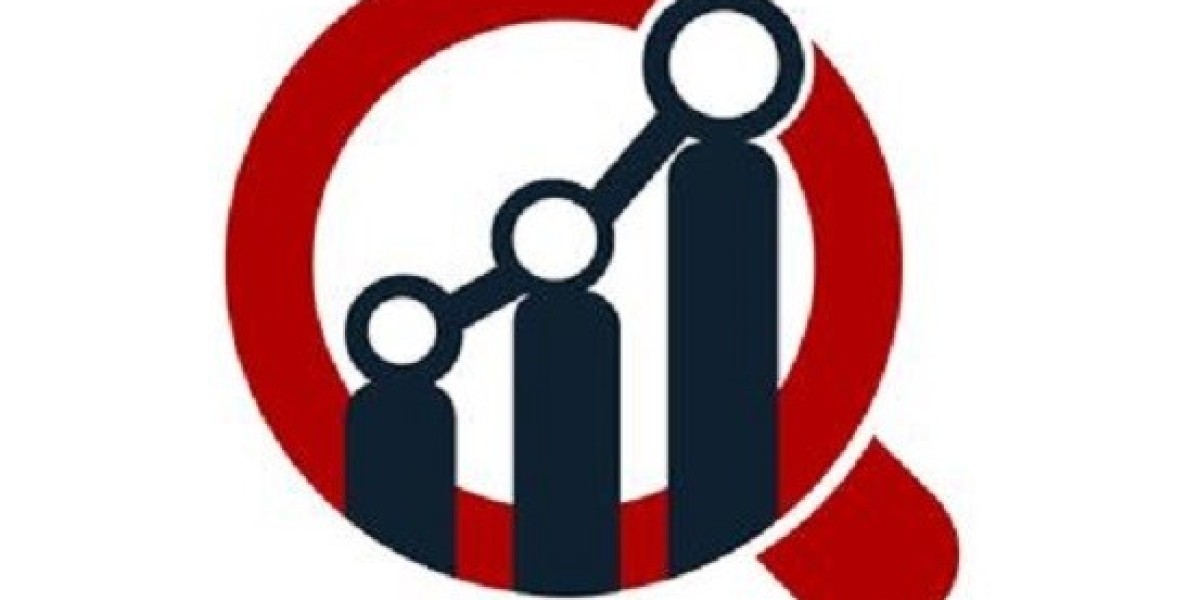What Is Human Chorionic Gonadotropin (hCG)?
Human chorionic gonadotropin (hCG) is a hormone naturally produced during pregnancy by the placenta. It plays a crucial role in maintaining the corpus luteum and supporting progesterone production, essential for fetal development. Clinically, hCG has a wide range of therapeutic applications beyond pregnancy, including fertility treatments, hypogonadism therapy, and even certain cancer diagnostics.
The global human chorionic gonadotropin market is gaining momentum due to increased demand for reproductive health services and ongoing research into new applications for hCG-based therapies.
Expanding Applications in Fertility and Reproductive Medicine
One of the most prominent uses of hCG lies in assisted reproductive technologies (ART) such as in vitro fertilization (IVF). hCG injections are commonly administered to trigger ovulation in women and to stimulate testosterone production in men with hypogonadism. The surge in infertility rates globally, especially due to changing lifestyles, stress, and delayed pregnancies, is a major factor fueling market growth.
Additionally, hCG is used in diagnosing certain types of cancers like testicular cancer and in monitoring trophoblastic diseases, expanding its role in clinical diagnostics.
Rising Demand for hCG in Male Hormone Therapy
In recent years, there has been a growing interest in hCG for male hormone replacement therapy (HRT). It helps stimulate natural testosterone production without affecting fertility, making it an appealing alternative to traditional testosterone supplements. This expanding male-focused therapeutic market is further contributing to the rise in demand for human chorionic gonadotropin formulations.
The market is also being supported by increasing awareness of male reproductive health and improved access to hormonal diagnostic services in both developed and developing nations.
Key Drivers Accelerating Market Growth
Several dynamics are shaping the growth of the human chorionic gonadotropin market, including:
Rising prevalence of infertility among both genders
Technological advancements in hCG formulations (e.g., recombinant hCG)
Widening access to ART and fertility clinics
Growing awareness and diagnosis of reproductive disorders
Increased governmental and private investments in reproductive health
These factors are stimulating both the demand for therapeutic hCG and research into more targeted and effective hormone delivery methods.
Market Challenges and Limitations
Despite its growth, the human chorionic gonadotropin market faces challenges such as the risk of side effects from hormone therapy, regulatory constraints in drug approvals, and concerns over misuse in sports for performance enhancement. Furthermore, the market for fertility-related products is still underpenetrated in many low-income regions due to limited healthcare infrastructure and cultural barriers.
Nonetheless, increasing initiatives to promote reproductive education, improve healthcare accessibility, and expand insurance coverage for fertility treatments are slowly addressing these issues.
Regional Insights and Future Outlook
North America currently leads the hCG market, thanks to its strong ART infrastructure, high awareness levels, and significant healthcare expenditure. Europe also holds a substantial share, particularly in countries like Germany, France, and the UK, where infertility treatments are widely accepted.
Meanwhile, Asia-Pacific is emerging as a promising region, driven by growing medical tourism, increasing fertility-related disorders, and the rising availability of cost-effective treatment options in countries such as India and China.
Looking ahead, ongoing clinical trials to explore new therapeutic uses of hCG, combined with technological advancements in hormone synthesis, are expected to further expand the market landscape.








